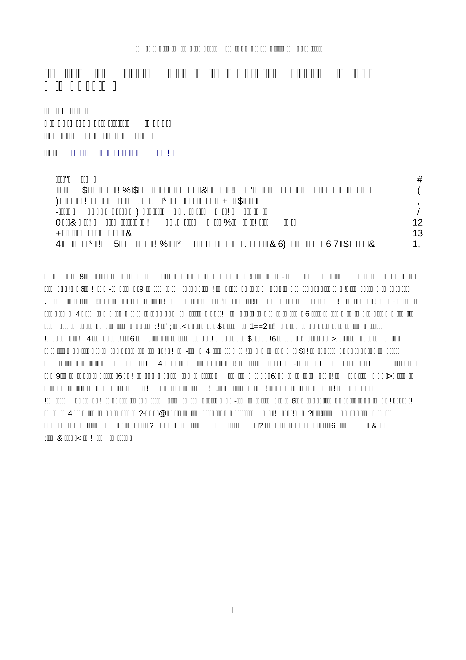Religion und Recht in Japan: Pluralismus, Toleranz und Konkurrenz
y Legal issues relating to religion have been a matter of dispute in Japan from the nineteenth century up to the present day, and the Japanese experience in this regard continues to be relevant to international discussions in this area. The article provides a convenient introduction to the subject f...
Gespeichert in:
| Veröffentlicht in: | Marburg Journal of Religion |
|---|---|
| 1. Verfasser: | |
| Format: | Artikel (Zeitschrift) |
| Sprache: | Englisch |
| Veröffentlicht: |
Philipps-Universität Marburg
2001
|
| Online Zugang: | Online Zugang |
| Tags: |
Tag hinzufügen
Keine Tags, Fügen Sie den ersten Tag hinzu!
|
| Zusammenfassung: | y Legal issues relating to religion have been a matter of dispute in Japan from the nineteenth century up to the present day, and the Japanese experience in this regard continues to be relevant to international discussions in this area. The article provides a convenient introduction to the subject for readers who are not specialised in the study of Japanese religions. At the same time it contains new materials based on personal observation, particularly in connection with the imperial enthronement ceremonies (daijôsai) which took place in 1990 and which have previously been little documented. Also considered, against this political and legal background, is the underlying question as to how the plurality of religions is currently regarded in Japan. Attention is drawn to the markedly factional character of social institutions in this as in other fields. At the same time it is widely recognised in Japan today that the freedom of religions to exist in their plurality, and in some cases to cooperate with each other, can only be secured on the basis of equitable legal provisions which are respected by all concerned. The section headings may be translated as follows: developmental and secularisation processes in the history of Japanese religions, the plurality of religions as understood in East Asian thought patterns; Japan's current constitution - separation and freedom; borderline problems in the separation of religion and the state; the law on religious corporations; conclusions - tolerance, columnarization (verzuiling) and competition. |
|---|---|
| DOI: | 10.17192/mjr.2001.6.3743 |
 Publikationsserver
Publikationsserver